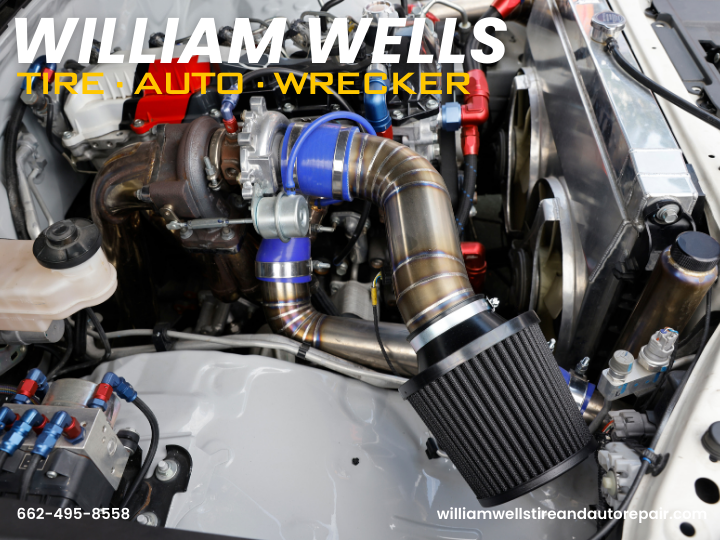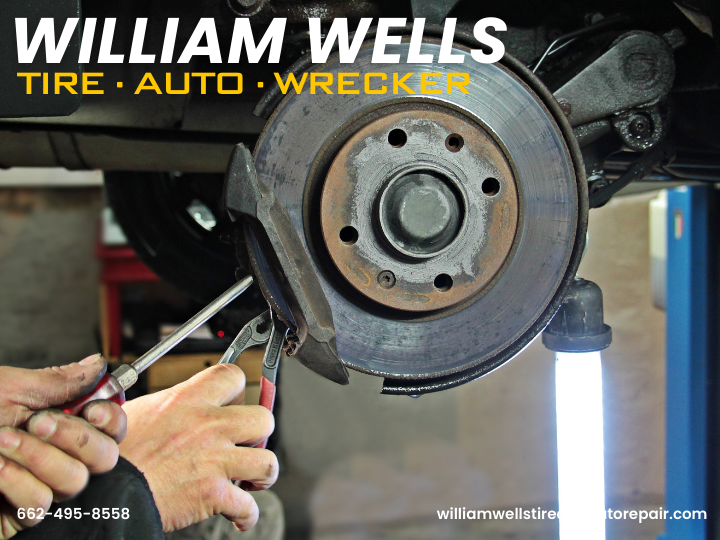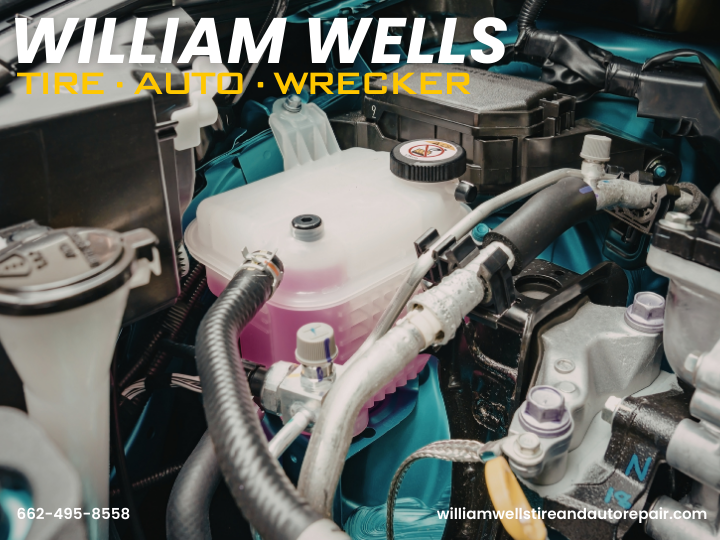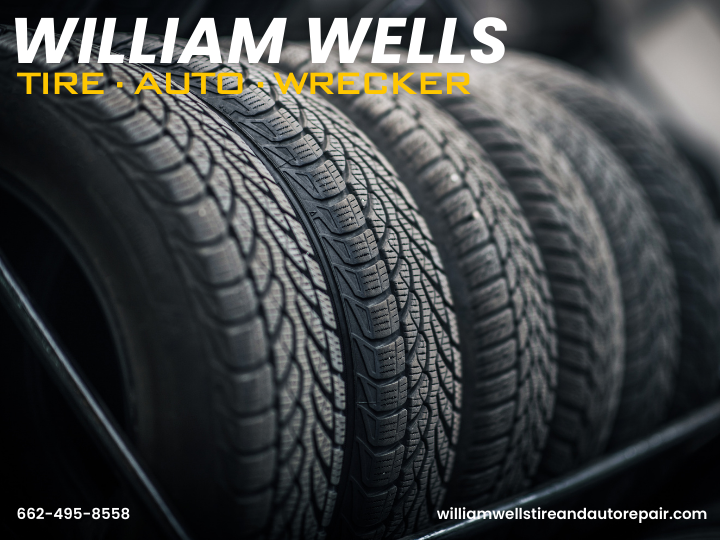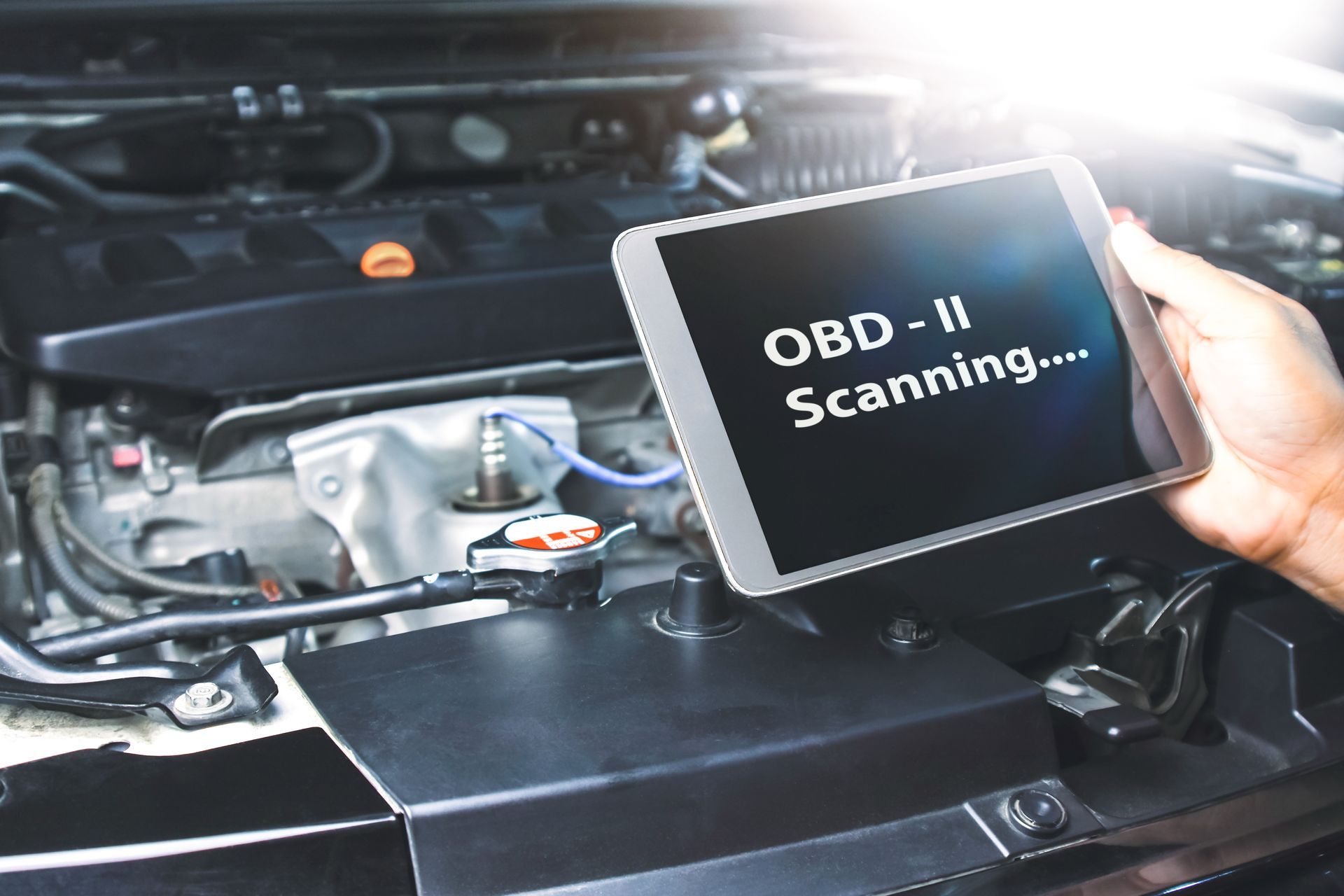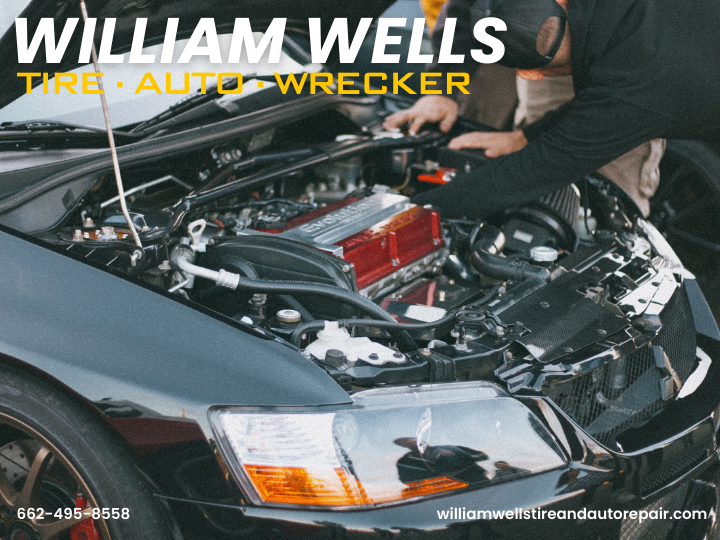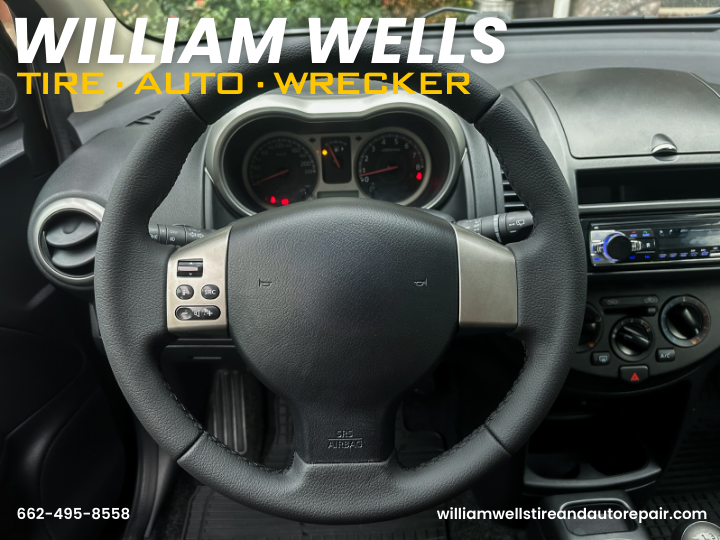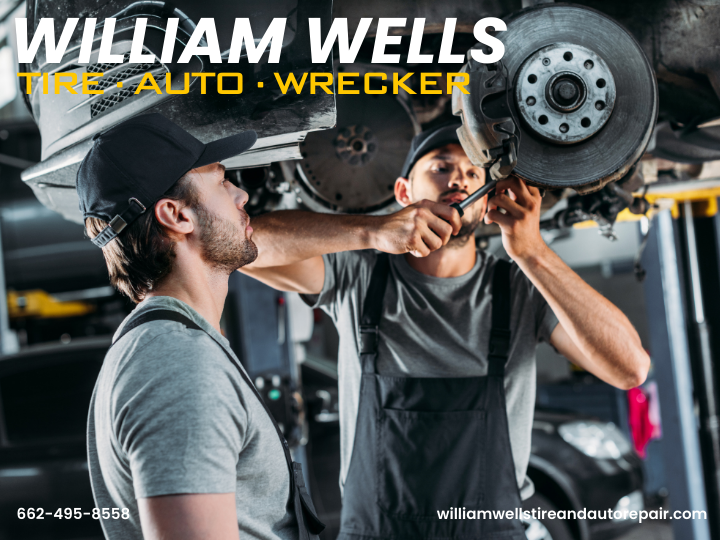Engine Repair Near Me
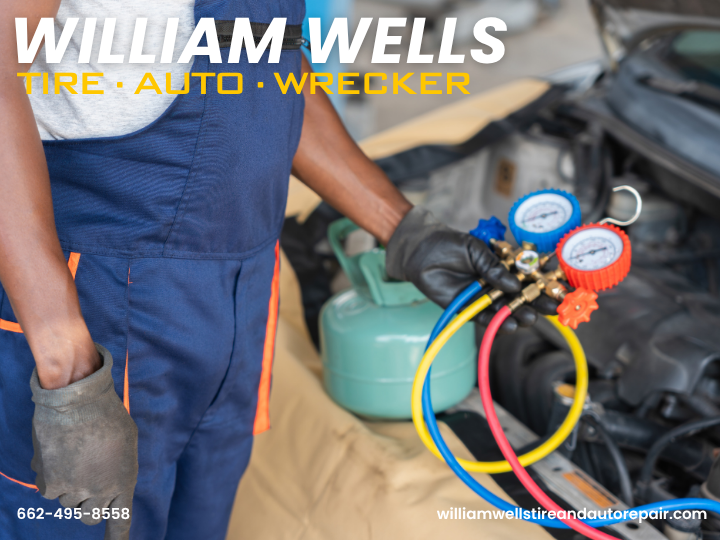
Engine Repair: Restoring the Power, Reliability, and Performance Your Vehicle Depends On
Your engine is the heart of your vehicle — the system that brings it to life and keeps it moving day after day. When it’s running smoothly, you feel the harmony: steady idle, strong acceleration, quiet operation, and dependable response. But when the engine falters — whether it’s a warning light, vibration, or loss of power — it’s your car’s way of asking for help.
Ignoring those signs doesn’t make them disappear. Instead, small problems become big ones — turning what could have been a simple repair into a major rebuild. The key is understanding how your engine works, what causes failure, and how professional service keeps your vehicle strong for years to come.
This guide will take you deep inside your engine’s operation, early warning signs, repair processes, and the importance of precision diagnostics.
The Engine: A Symphony of Precision and Power
At its core, your engine is a combustion system. It converts fuel and air into controlled energy that powers your wheels. Inside, pistons, valves, and crankshafts work together with electronic sensors, all synchronized by perfect timing and lubrication.
Every rotation, explosion, and ignition happens thousands of times per minute — a balance between mechanical and digital systems. These systems include:
- Fuel Delivery: Injectors and pumps delivering precise fuel amounts.
- Air Intake: Regulating airflow for ideal combustion.
- Ignition System: Creating the spark at the perfect moment.
- Cooling System: Preventing heat from destroying critical components.
- Lubrication System: Reducing friction to prevent wear and damage.
When one part of this system fails, the entire process becomes unstable — leading to misfires, overheating, or even catastrophic damage if ignored.
Warning Signs Your Engine Needs Attention
Your vehicle rarely fails without warning. It gives you clues — sounds, smells, or changes in performance — long before major failure occurs.
1. Check Engine Light
This light can represent a wide range of issues — from a small sensor fault to misfires or catalytic converter problems. It’s not a suggestion; it’s an alert that something is off.
2. Strange Noises
Knocking, ticking, or grinding often point to internal wear or oil starvation. These sounds mean metal parts are rubbing together — a serious issue that needs immediate attention.
3. Rough Idling or Hesitation
If your car shakes at idle or stumbles during acceleration, you may have air, fuel, or spark imbalance.
4. Smoke or Unusual Odors
- Blue smoke: Oil burning in the cylinders.
- White smoke: Coolant entering combustion chambers.
- Black smoke: Excess fuel burning inefficiently.
Each type of smoke tells a different story about what’s happening inside the engine.
5. Overheating or Leaking Fluids
Engines operate at high temperatures. Any loss of coolant or oil can lead to rapid overheating, which warps heads, blows gaskets, or cracks blocks.
6. Decrease in Power or Fuel Efficiency
If your engine struggles to accelerate or you’re refueling more often, internal efficiency may be slipping — often due to ignition or compression issues.
What Causes Engine Damage
Engine wear and damage are typically the result of neglect, contamination, or overheating. Understanding these causes helps prevent future issues.
1. Skipping Oil Changes
Oil lubricates moving parts, disperses heat, and carries contaminants away. When it breaks down, friction increases, leading to irreversible internal wear.
2. Cooling System Neglect
Low coolant or a failing water pump can cause overheating and gasket failure. High heat warps cylinder heads and ruins seals.
3. Contaminants and Dirty Filters
Unchanged air and fuel filters allow grit and dirt into sensitive components, damaging injectors, valves, and pistons.
4. Ignition and Timing Failures
Worn spark plugs or misaligned timing chains cause misfires and poor combustion that wear down internal components faster.
5. Ignoring Warning Signs
That intermittent check engine light or small oil leak may be early signs of much bigger issues. Prompt inspection can save you thousands.
How Professional Diagnostics Reveal the Truth
Modern engines are controlled by onboard computers that record data from dozens of sensors. Guessing won’t fix them — data will.
Professional technicians use advanced diagnostic tools to read this information and pinpoint problems with precision.
- OBD-II Scanning: Detects trouble codes and identifies affected systems.
- Compression Testing: Measures the pressure inside each cylinder to assess sealing and combustion health.
- Leak-Down Testing: Finds air escaping from valves, gaskets, or rings.
- Fuel Pressure Testing: Evaluates pump and injector performance.
- Cooling and Oil System Pressure Checks: Detect leaks or low pressure that cause overheating or friction.
Accurate diagnostics save time, eliminate unnecessary part replacement, and ensure repairs are done right the first time.
Engine Repair, Rebuild, or Replacement — What’s Right for You?
The best solution depends on how extensive the damage is and your vehicle’s condition.
Engine Repair
Handles specific issues like gasket leaks, worn valves, or timing components. Repairs are targeted when the core structure of the engine remains solid.
Engine Rebuild
A rebuild restores your existing engine by disassembling, cleaning, machining, and replacing worn parts such as pistons, rings, bearings, and seals. This process brings performance back to near-factory standards.
Engine Replacement
In cases of catastrophic failure — cracked blocks, seized internals, or significant wear — replacing the engine may be the most reliable long-term option.
A professional shop explains each option clearly, helping you balance cost, reliability, and vehicle lifespan.
The Value of Precision and Professionalism
Engines are engineered to microscopic tolerances. That’s why skill and precision matter in every step of repair.
Proper torque, part alignment, and seal integrity ensure your engine performs as designed. Professional technicians use advanced tools and factory-level data to complete repairs with accuracy and consistency.
This precision separates true engine specialists from general mechanics — and it’s what ensures your vehicle remains reliable long after the repair.
Preventive Maintenance: The Secret to Long Engine Life
Preventive care is the most cost-effective way to keep your engine strong. Regular maintenance keeps systems clean, lubricated, and properly balanced.
Core maintenance includes:
- Frequent oil and filter changes using manufacturer-recommended types.
- Coolant flushes and inspections for leaks.
- Air and fuel filter replacement.
- Spark plug and ignition component replacement.
- Monitoring and addressing warning lights early.
Mississippi’s climate — hot summers, humidity, and fluctuating conditions — adds stress to engines. Proper maintenance prevents overheating, sludge buildup, and fuel system corrosion.
How Modern Engine Technology Changes Repair
Today’s engines deliver more power with less fuel, but this efficiency comes with added complexity.
Turbocharged Engines
Offer performance and efficiency but require perfect oil pressure and cooling to avoid bearing failure.
Direct Injection (GDI)
Improves economy but can lead to carbon buildup that restricts airflow and reduces power.
Variable Valve Timing (VVT)
Relies on oil pressure to adjust valve timing dynamically. Dirty oil or clogs can cause timing issues and poor performance.
Hybrid Systems
Even vehicles with electric components still rely on combustion engines that require traditional maintenance and diagnostics.
Staying current with these systems requires certified expertise and the right diagnostic technology.
Environmental and Financial Benefits of Proper Engine Care
Repairing or rebuilding your current engine is not just financially smart — it’s environmentally responsible.
A properly tuned engine burns cleaner fuel, reduces emissions, and maximizes efficiency. Rebuilding or repairing also minimizes waste compared to replacing your entire vehicle.
Taking care of your current engine is one of the best ways to save money while reducing your environmental footprint.
Why Local Expertise Matters
Engines perform differently based on where you drive — and Starkville, Columbus, and West Point drivers face their own unique challenges.
Mississippi’s heat, humidity, and local driving patterns — short trips, highway miles, and rural commutes — each influence how engines wear. Local technicians understand these patterns, using regional knowledge to diagnose and maintain your vehicle more effectively.
With local expertise, repairs are not just precise — they’re built for how you drive.
Transparency and Trust in Engine Repair
Many drivers feel anxious about engine repair, but professional shops make the process clear and reassuring.
You should expect:
- Complete diagnostics and honest explanations.
- Transparent estimates before any work begins.
- Visual proof of damage or wear.
- Repair options with clear pros and cons.
- Warranty-backed workmanship.
That’s how lasting trust is built — through communication, precision, and accountability.
The Results of a Professionally Repaired Engine
When your engine is properly serviced, you’ll feel the transformation instantly:
- Smooth, quiet operation.
- Stronger acceleration.
- Stable temperatures.
- Improved fuel economy.
- Renewed confidence in your vehicle’s reliability.
A professional engine repair doesn’t just restore function — it restores peace of mind.
Professional Engine Repair in Starkville, Columbus, and West Point, MS
For drivers across Starkville, Columbus, West Point, and surrounding areas, expert engine repair means precision, reliability, and long-term value. Whether your vehicle needs diagnostics, gasket repair, timing service, or a full rebuild, experienced professionals can bring your engine back to life.
William Wells Tire & Auto
Starkville Location: 12919 MS-182, Starkville, MS 39759 — (662) 268-4081
Columbus Location: 1625 Gardner Blvd, Columbus, MS 39702 — (662) 240-2414
West Point Location: 93 W Broad St, West Point, MS 39773 — (662) 495-8558
Website: https://www.williamwellstireandautorepair.com/
At William Wells Tire & Auto, ASE-certified technicians specialize in engine diagnostics, repair, and rebuilding designed to deliver long-term reliability. Using advanced technology, precision equipment, and years of regional experience, their team ensures your engine performs as it should — powerful, efficient, and dependable.
Serving Starkville, Columbus, West Point, and surrounding communities, William Wells Tire & Auto is Mississippi’s trusted name for expert engine repair, precision maintenance, and automotive care built on integrity.
You can watch the video


